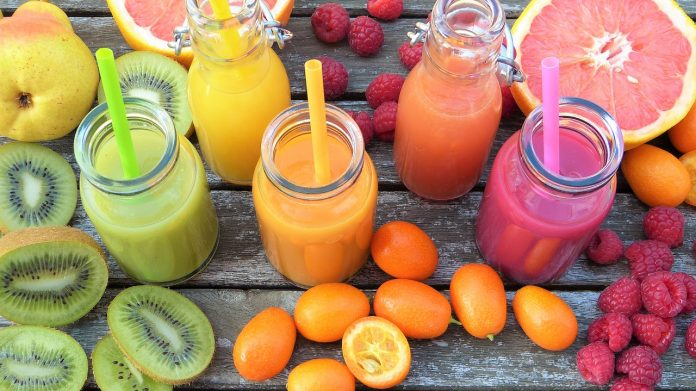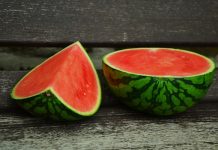
I am glad you are interested in your long-term health. The way you are feeding it does not support your body’s optimal functioning nor support increasing muscle even with exercise.
BTW, anabolism means building lean tissue (muscle and organs). However, I wonder how you can build muscle while drastically restricting carbohydrates to less than 130 grams a day? Using carbohydrates from food, muscle stores glycogen which is a form of sugar used for fuel during exercise. Glycogen attracts 3 times the amount of water. Where is the glycogen coming from if you are drastically restricting carbohydrates you eat?
Current recommendations by the Academy of Nutrition and Dietetics, the U.S. Surgeon General, and the American Medical Association encourage people to eat a diet centered around the My Plate which advocates a variety of foods and the Dietary Guidelines for Americans. My Plate is printed on many food labels, especially cold cereal boxes.
Carbohydrates should make up approximately 55% of your total calories, fat 30%, and protein 15%. Excess fat and protein can be harmful to the “interior of your body”. Eating mostly meat with saturated fats while limiting carbohydrate may increase blood fats like cholesterol. A high-fat diet has also been closely linked in many studies to a high incidence of heart disease and many cancers, such as prostate and colon. A high protein diet can cause the body to lose calcium, which can lead to the development of osteoporosis which can result in broken bones also due to the lack of calcium and vitamin D found in dairy foods. After a few days on a low carbohydrate diet of fewer than 130 grams per day, a person develops ketosis. Then on weekends, when you re-feed carbohydrates, your body is busy replenishing depleted carbohydrate stores (glycogen in liver and muscle) and rehydrating tissue with water.
How do you know the weight you gained was all muscle? One method to assess your muscle mass is a body fat analysis. Did you have your body fat tested before and since you tried this diet?
Muscles increase in size when you make a muscle do more work than it is used to doing like in weight training. Eating more protein does not cause a person to gain muscle. Your body can easily convert excess protein to glucose if your body needs it due to not eating enough carbohydrates. The nitrogen in protein is then excreted in the kidneys.
I hope this information has been helpful for you to assess your diet. See your local Registered Dietitian for more suggestions on a healthy eating plan for the interior of your body.
If you would like a personalized eating plan, try my HELP Healthy Eating For Life Plan®. You can select preferences for the type of milk, meat or not, beans, or not and snacks or not. HELP will only allow a healthy range of 45% to 65% carbohydrates tho.



